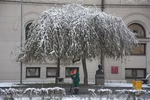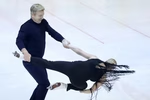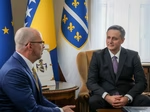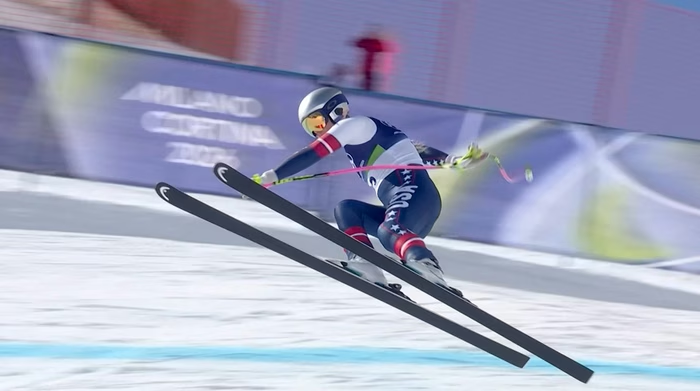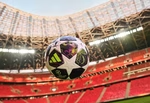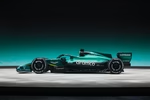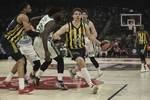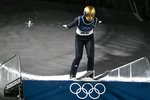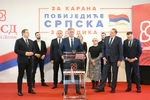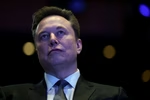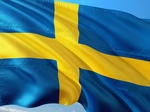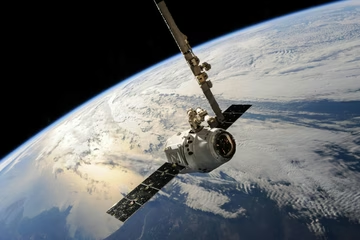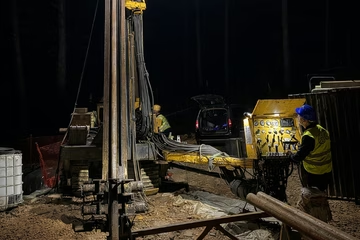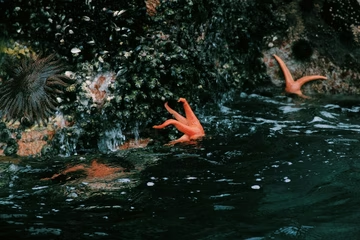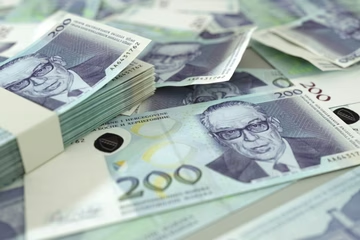Meeting of two Koreas good news but not real reconciliation
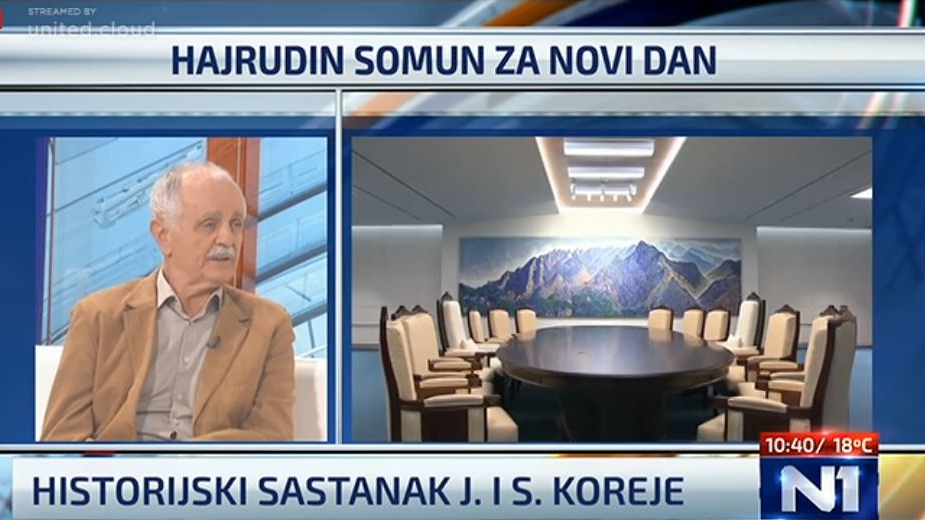
Former diplomat and now political analyst Hajrudin Somun told N1 that the meeting between the leaders of North and Sounth Korea is very good news, but that it does not represent true reconciliation.
Oglas
Asked whether this could be the reconciliation of the century, Somun told N1 that it was “very good that they are meeting and signing this declaration, but I don’t believe this will lead to a final reconciliation.”
“It is difficult to quickly achieve reconciliation,” Somun said. “It will be more something like “tolerance” between the two systems,” he added.
Reconciliation, he said, is subject to different interpretations, adding that “we in Europe see reconciliation as cooperation and diplomatic visits.”
Oglas
It is good that the two leaders are meeting before US President Trump arrives, he said.
“The entire world is in fear because parties, groups, corporations and individuals who are sowing fear are rising to power all over the world. Trump is one of them. We will see who will be harvesting all of this,” Somun said.
North Korea’s nuclear programme and its ballistic rockets have strengthened the country’s position and if US President Donald Trump has managed to scare both sides, then “both Koreas are engulfed in fear.”
“For the big powers, Korea was always an arena in which they exercised their superiority. This is how two Koreas came about, the north was conquered by the Soviets, the south by the Americans. There was no piece and no reconciliation for 65 years,” Somun emphasized.
Oglas
This type of piece will suit both sides, the analyst said.
“The tensions will ease. You can see that in one moment there is agreement between China and the US and in another moment there isn’t. This is very important for North Korea,” he said.
Somun spoke of when he visited North Korea, saying it was the only country he never wishes to see again.
“Their system is worse than the one of Enver Hoxha in Albania,” he said.
Oglas
Somun met with the North Korean president and was told that he should not tell anyone what they were talking about as long as he lives, whereby “it was nothing special.”
“I remember that as we were traveling, we saw people on trucks, the emptiness in their eyes, they knew nothing. North Korea is far away from the world, it remained isolated,” he said.
“I asked the cameraman to take pictures of children in the kindergarten. When the children saw the camera they ran into a side street. They were taught that a camera is an enemy of the people. There is no wall of history in (North) Korea, there is nothing. They destroyed everything,” he said.
Kakvo je tvoje mišljenje o ovome?
Učestvuj u diskusiji ili pročitaj komentare
Oglas
Kakvo je tvoje mišljenje o ovome?
Učestvuj u diskusiji ili pročitaj komentare
Oglas
NAJČITANIJE
Oglas
Oglas
Najnovije
Oglas
Oglas





 Srbija
Srbija
 Hrvatska
Hrvatska
 Slovenija
Slovenija








